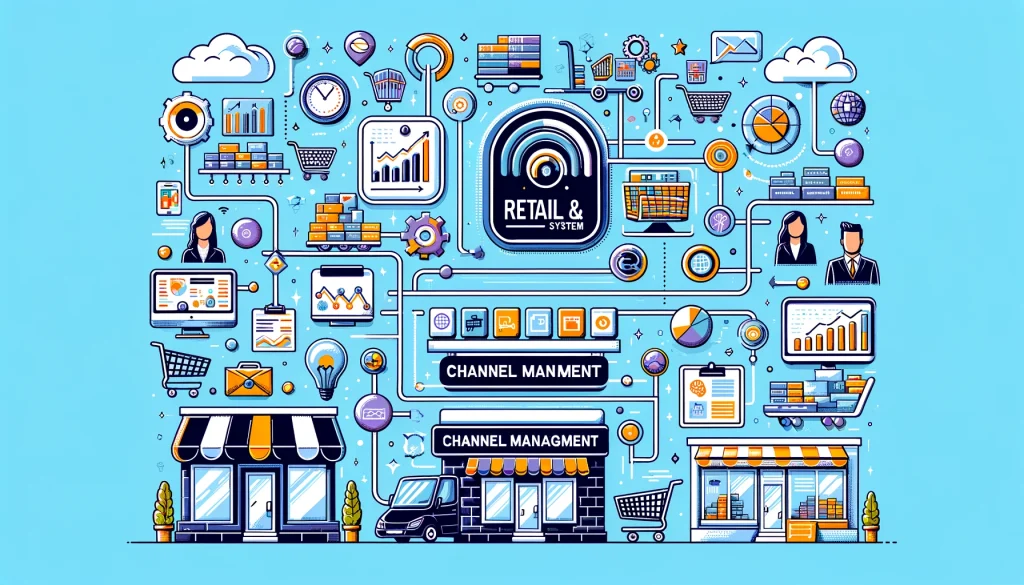A Retail Management System (RMS) is a software solution designed to streamline and automate various processes involved in running a retail business, from inventory management to sales tracking and customer relationship management. Here are the key components and functionalities typically found in a retail management system:
Point of Sale (POS):
Process sales transactions, including cash, credit/debit card, and mobile payments.
Scan barcodes or enter product information manually.
Apply discounts, promotions, and coupons to transactions.
Generate electronic receipts for customers.
Inventory Management:
Track inventory levels in real-time, including stock quantities, locations, and movements.
Receive and reconcile inventory shipments from suppliers.
Set up low-stock alerts and automate reorder processes.
Conduct periodic inventory audits to ensure accuracy.
Product Management:
Create and manage product catalogs, including descriptions, prices, categories, and attributes.
Organize products into hierarchies and variations (e.g., sizes, colors).
Update product information across multiple sales channels simultaneously.
Order Management:
Manage customer orders, including online orders, in-store pickups, and shipments.
Process orders efficiently and fulfill them accurately.
Track order statuses, shipping details, and delivery updates.
Customer Relationship Management (CRM):
Capture and store customer information, including contact details, purchase history, and preferences.
Segment customers based on demographics, purchasing behavior, or loyalty status.
Send personalized marketing messages, promotions, and offers to customers.
Reporting and Analytics:
Generate reports and analytics on sales performance, inventory turnover, profit margins, and customer behavior.
Monitor key performance indicators (KPIs) such as sales growth, average transaction value, and conversion rates.
Gain insights into trends, patterns, and opportunities for optimization.
Employee Management:
Manage employee schedules, shifts, and labor costs.
Track employee productivity, sales performance, and attendance.
Provide training resources and performance feedback to employees.
Multi-Channel Retailing:
Sell products through multiple channels, including brick-and-mortar stores, e-commerce websites, mobile apps, and marketplaces.
Synchronize inventory, pricing, and promotions across all sales channels.
Provide a seamless shopping experience for customers across channels.
Integration and Customization:
Integrate with other business systems and applications, such as accounting software, ERP systems, and payment gateways.
Customize workflows, user interfaces, and reports to meet specific business requirements and preferences.
Security and Compliance:
Ensure compliance with data privacy regulations (e.g., GDPR, CCPA) and payment card industry (PCI) standards.
Implement security measures to protect customer data, payment information, and business operations from cyber threats and fraud.





